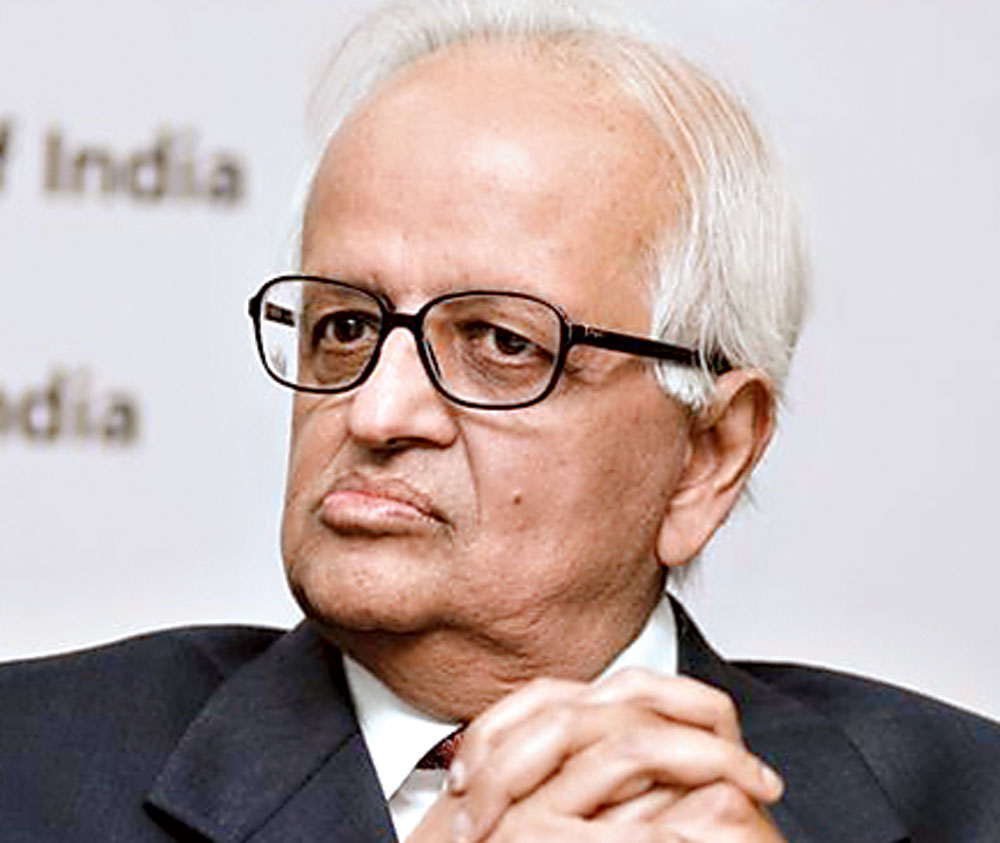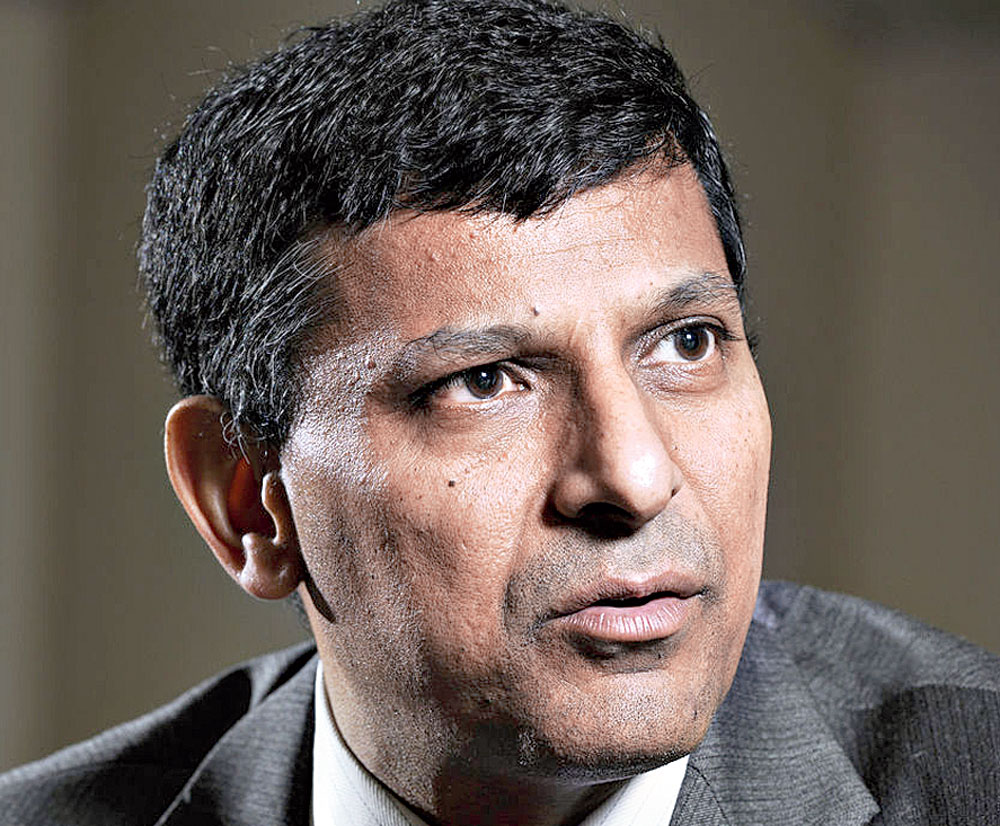
Bimal Jalan Telegraph file picture
Two former Reserve Bank of India (RBI) governors — Bimal Jalan and Raghuram Rajan — have posited diametrically opposite views on the powers of the government and its relationship with the central bank.
Jalan, who was the RBI governor from November 22, 1997 to September 5, 2003, was blunt in an interview with the Mint newspaper on Monday when he said that “the government is ultimately the highest authority” and that if there were irreconcilable differences between the Centre and the banking regulator, then “whoever is heading the agency should step down’’.
“Supposing you feel I should give much more weight to growth or inflation and the government is not listening and you are very particular about it. Then you should move and somebody else should come. What’s the harm?” Jalan had said in that interview.
However, Rajan in interviews with two business television channels on Tuesday said while the “RBI is an agency of the government”, the Centre must learn to respect “territorial boundaries” and alternative points of view that conflict with its own.
He pointed out that the central bank is like a seat belt in a car, without which accidents can happen.
The comments of the former governors come at a time the standoff between the government and the RBI continues. However, over the past few days the central bank had taken some steps to address concerns regarding the liquidity of non-banking finance companies (NBFCs).
All eyes are now on the November 19 meeting of the RBI board.
Rajan, who was the RBI governor before Urjit Patel took charge, said the objective of the RBI board is to protect the institution and not serve others' interests. On the board’s role, he said historically it has not been its prerogative to take operational decisions but to focus on broader strategy as well as ensure good governance.
According to Rajan, the relationship between the RBI and the government is such that the Centre will push the RBI to be more lenient. On the other hand, the central bank will have to examine the proposals in close detail and in the context of risks to financial stability.
“We (RBI) have responsibility for financial stability and therefore we have an authority to say no,” he said.
Rajan further said while the government can ask for certain relaxations from the RBI, if the latter declines becasue of implications on financial stability, the Centre should accept it.
“Of course the RBI doesn't say no out of petulance. It says it because it has examined the situation and believes that this implies too much financial instability...I think that the relationship has gone on for long and the fact that the RBI says no is not new. The government can keep asking but at some point, it says okay I respect your decision and I back off,” Rajan said.

